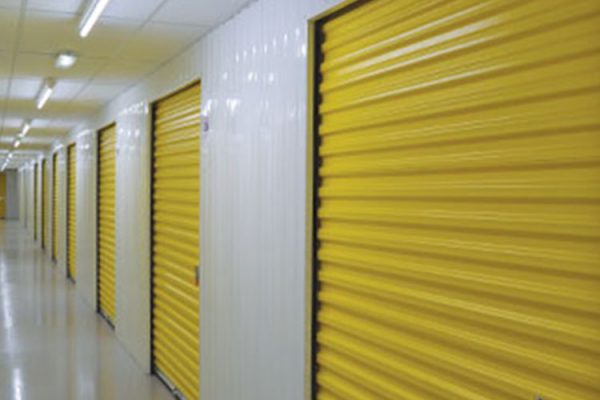
Flexible Workspace and Self-Storage
OUR NEW WEBSITE
IS UNDER CONSTRUCTION!
Clean and secure storage delivered by professional storage experts with decades of experience providing high quality accommodation for your belongings.
If you need any assistance in the meantime email us at


